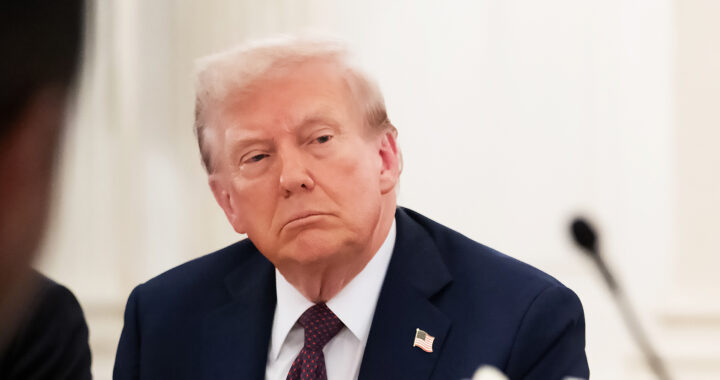A United States federal appeals court dismissed the argument of Donald Trump about the extent of his presidential immunity and upheld an 83.3 million defamation verdict against him. The case stems from allegations filed in 2019 by former magazine columnist E. Jean Carroll. Note that Carroll accused Trump of sexually assaulting her in 1996.
Background of the Case
Carroll specifically detailed in her 2019 accusation that Trump attacked her in a department store dressing room. Trump denied the claim. He further stated that she was not her type and accused her of fabricating the story to promote her book. Nevertheless, in response to her repeated denials and disparaging comments, Carroll filed two defamation lawsuits.
The cases were filed at the U.S. District Court for the Southern District of New York. The first one was a specific defamation suit filed in 2019, and the other one was a defamation suit with battery suit filed in 2022. District Judge Lewis A. Kaplan issued a partial summary judgment for the first case and found Trump liable for defamation via his 2019 statements.
Jurors then awarded Carroll. 83.3 million dollars in January 2024. This consisted of 18.3 million dollars in compensatory damages for emotional and reputational harm. Another 65 million dollars were for punitive damages due to the continued public statements of Trump. The jurors also found that Trump had committed sexual abuse and forcible touching.
Trump appealed the verdict. He argued that the 2024 Supreme Court ruling recognizing substantial criminal immunity for presidential actions should extend to civil liability in his case. He insisted that denying the allegations was part of his duties as president. Hence, based on this argument, he also noted that the United States should be substituted as the defendant.
Appeals Court Decision
The Second Circuit Court of Appeals rejected the arguments on 8 September 2025. It emphasized that Trump and the Department of Justice failed to seek substitution under the Westfall Act before trial. The court stressed that statutory language required substitution motions prior to trial. This rendered the post-trial request untimely and procedurally barred.
Moreover, in expounding the decision, the appeals court concluded that Trump had waived any right to substitution by ignoring earlier opportunities. Government certification regarding his actions had been withdrawn in 2023. Deadlines were missed for further petitions. Trump remained the sole defendant throughout the trial and subsequent appeals as a result.
Judges determined that the statements of Trump about Carroll were personal rather than official. The court highlighted that denying sexual assault allegations and disparaging the credibility of the plaintiff did not fall under the scope of presidential duties. Therefore, Trump could not claim civil immunity or protection under the precedent set by the Supreme Court.
The panel further addressed the damages awarded, affirming that they were fair and proportionate given the extraordinary circumstances. Jurors reasonably concluded that the prolonged defamatory campaign inflicted severe emotional and reputational harm on Carroll, while his repeated denials and attacks justified the significant punitive damages assessed.
